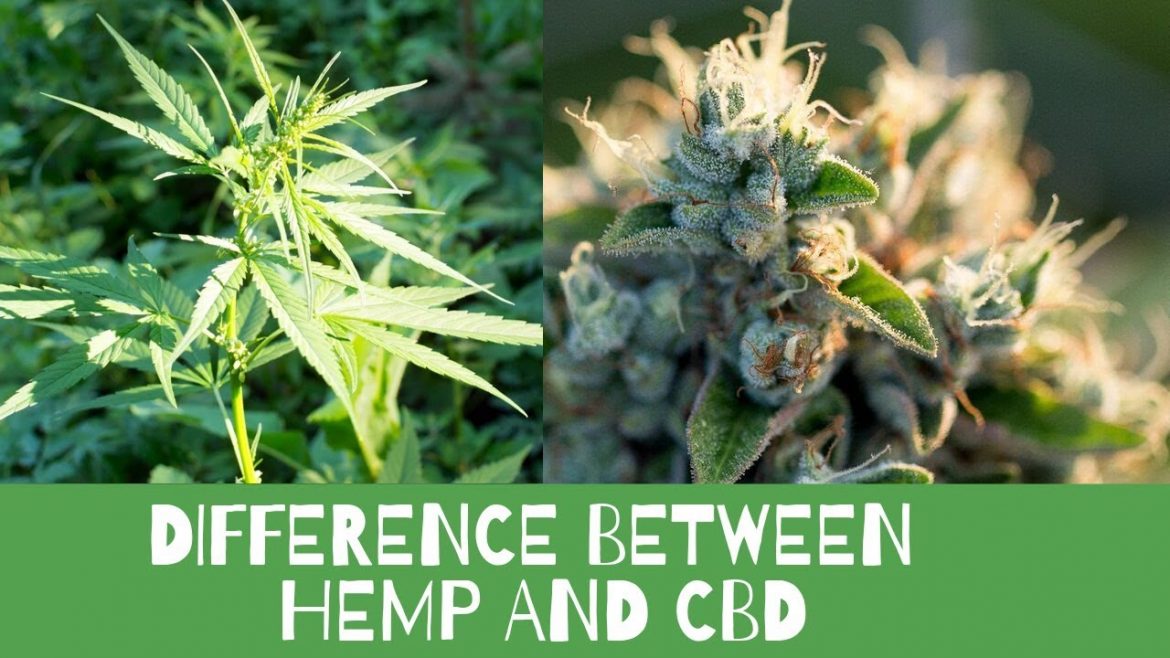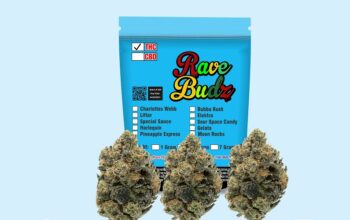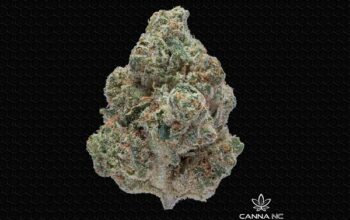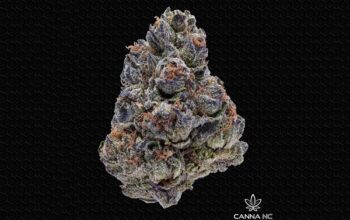CBD and hemp are frequently discussed in combination, but are they the exact same point?
You might recognize that the 2018 Farm Bill legalized the production of hemp, which effectively legalized CBD, too.
So, does that mean that CBD and hemp are the same things?
Yes. And No.
Hemp
Hemp is a strain of the ‘Cannabis Sativa’ plant species.
Although cannabis (the drug) and industrial hemp both derive from cannabis Sativa and contain the psychoactive element tetrahydrocannabinol (THC). They are distinct strains with unique compositions and uses.
Unlike cannabis, hemp has lower concentrations of THC and higher concentrations of cannabidiol (CBD). Simply, neither hemp nor CBD will get you high.
Hemp has been grown for 100 of years in Asia and Middle East, but it has a history in the US. For example, hemp was utilized by the US during World War II to make uniforms, canvas and rope.
These days, hemp is made to use to make a variety of commercial and industrial products, including rope, fabrics, clothes, paper, insulation and biofuel. And also, hemp seeds can be consumed raw or made into a liquid and used for cooking or for beverages such as hemp milk. They can additionally be made right into oil for hair shampoo, soap or body cream.
The 2018 Farm Bill changed hemp from a controlled substance to an agricultural commodity, legalizing hemp federally, which made it easier for farmers to get production licenses, loans to grow hemp and federal crop insurance.
So where does CBD come in?
CBD
In short, CBD is derived from hemp.
CBD is one of the chemical compounds called ‘cannabinoids’ that are found in the cannabis Sativa plant. But CBD, unlike THC, is not psychoactive and therefore does not result in a ‘high.’
CBD can be found in many forms, such as edible, vape, oil, tinctures, rub or lotion. CBD oil uk, for instance, is made by extracting CBD from the cannabis plant, after that weakening it with a service provider oil like coconut or hemp seed oil.
The only CBD medication that is currently approved by the Food and Drug Administration (FDA) is Epidiolex, which the agency approved in 2018 for the treatment of two types of epilepsy. But many people use CBD as a treatment for various ailments — most commonly, pain and anxiety.
Conclusion
CBD and hemp both come from cannabis sativa, the cannabis plant. Both come in numerous kinds and have a variety of uses. Neither contains any type of considerable amount of THC, so neither will get you high.
Despite the 2018 Farm Bill, the laws and regulations surrounding CBD and hemp-related products are complicated and vary depending on area and other scenarios. So do your study before you add any one of these products to your shelves.




